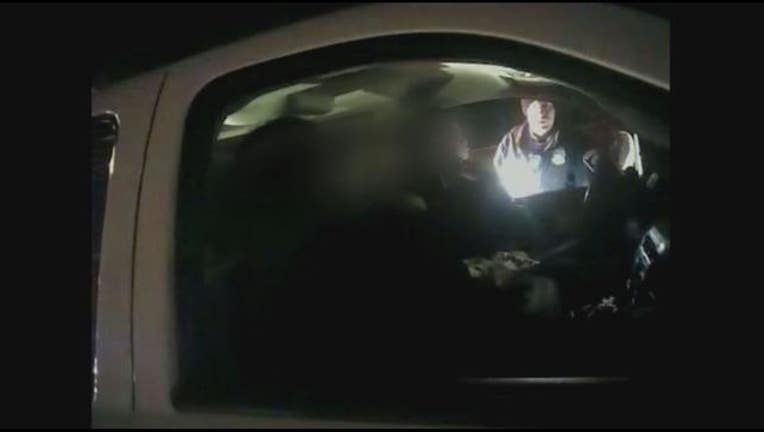A look at the St. Paul police bodycam policy

ST. PAUL, Minn. (KMSP) - The St. Paul Police Department has released a draft of its bodycam policy, which will be the focus of a Nov. 2 public comment hearing before the city council. You can review the policy at http://bit.ly/2dPhPN5.
Who is required to wear a bodycam?
St. Paul police officers must wear a bodycam when working on-duty (regular or overtime) or when wearing “raid” gear. Officers working in plain clothes or undercover will not be required to wear a bodycam. Off-duty officers will not be required to wear a bodycam, and the chief may designate certain functions, like funerals or commendation ceremonies, as exempt from the policy.
Scenarios that require bodycam activation
Without compromising officer safety, officers are required to activate their bodycam in preparation for, when initiating, or under the following circumstances and conditions
Traffic stops
Vehicle pursuits
Arrests
Frisks
Searches (e.g., suspect, vehicle, physical area)
Officer response to resistance or aggression
In-custody transports
Victim, witness, or suspect interviews
When ordered by a supervisor for a proper purpose.
In response to any call or incident where the officer may reasonably expect camera activation will be required by one of the scenarios listed above. If activation of the bodycam “may reasonably be expected,” the officer must activate the bodycam “as soon as it is practical and safe to do so while responding, and no later than when the officer arrives on scene.”
An officer may also activate their bodycam anytime they believe it should activated based on their training, experience, and judgement, except when recording is prohibited under the policy.
When can a bodycam be turned off?
The incident or event is of such duration that the camera is stopped to conserve power or storage capacity.
The officer reasonably believes deactivation will not result in the loss of important documentary information.
Deactivation is reasonable and necessary to protect the safety of the officers or others.
Deactivation is approved or ordered by a supervisor.
Deactivation is necessary to protect the identity of a person or other data entitled to protection under the MGDPA.
Upon request by a victim or witness, provided the request does not conflict with scenarios listed above. The officer should consider the totality of the circumstances before deactivating a camera and determine the best approach for a particular circumstance. For example, deactivation may be the best option if a bodycam inhibits a victim or witness from providing information.
Deactivation must be documented in an incident report.
Recording may be temporarily paused or muted, depending on technology capability, to exchange information with other law enforcement officers or those working in official capacities as part of a law enforcement investigation (e.g., medics, firefighters, medical examiners, dispatchers, civilian employees of government agencies, etc.). An officer must note their intent to pause and resume recording either verbally on the bodycam or in an incident report.
Bodycams may be deactivated during non-enforcement activities, such as waiting for a tow truck or a family member to arrive or protecting accident scenes. Nothing in this section is intended to discourage an officer from recording during non-enforcement situations when in his or her judgement the recording may be beneficial.
An officer’s decision to stop, pause, or mute recording in a situation in that would otherwise be recorded under this policy must be noted verbally (unless safety or other circumstances make the verbal notation unsafe or unreasonable) on the camera before stopping or pausing. The decision to stop recording and reasons for the decision must also be noted in an incident report.

